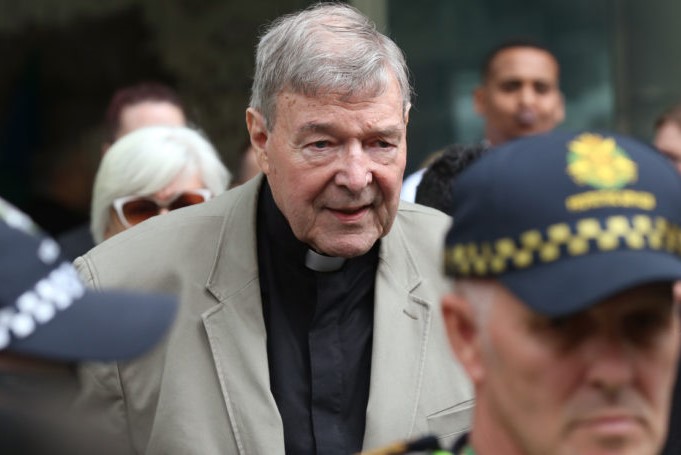Chris Merritt and Peter Kurti join Jane to talk about George Pell’s appeal
This week the Victorian Supreme Court decided to uphold George Pell’s conviction for child sexual assault by a majority of two to one.
The jury in the second trial found the cardinal guilty, and chief justice Anne Ferguson and court of appeal president justice Chris Maxwell agreed with the outcome, however, justice Mark Weinberg delivered a dissenting judgement in the case.
In his judgement, Weinberg spoke about the phenomenon of false memory and argued the case against Pell was built around a complainant alone, with no forensic or objective evidence and no confession from the cardinal.
With Pell able to appeal the decision to the High Court, what does this all mean for one of Australia’s most famous child abuse cases?
Chris Merritt, a legal affairs editor at The Australian, and Peter Kurti, from the University of Notre Dame in Sydney and the Centre of Independent Studies – as well as an ordained Anglican church minister – join Jane and Nathan to discuss the issue.
The debate prompted a wave of calls 6PR listeners, seeking to have a say about the decision.
Download this podcast here















